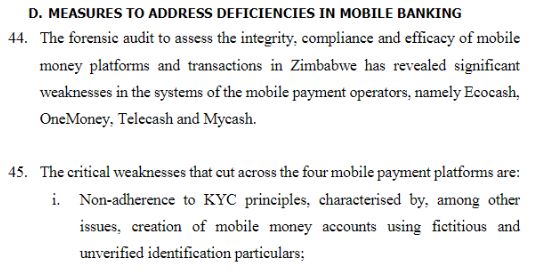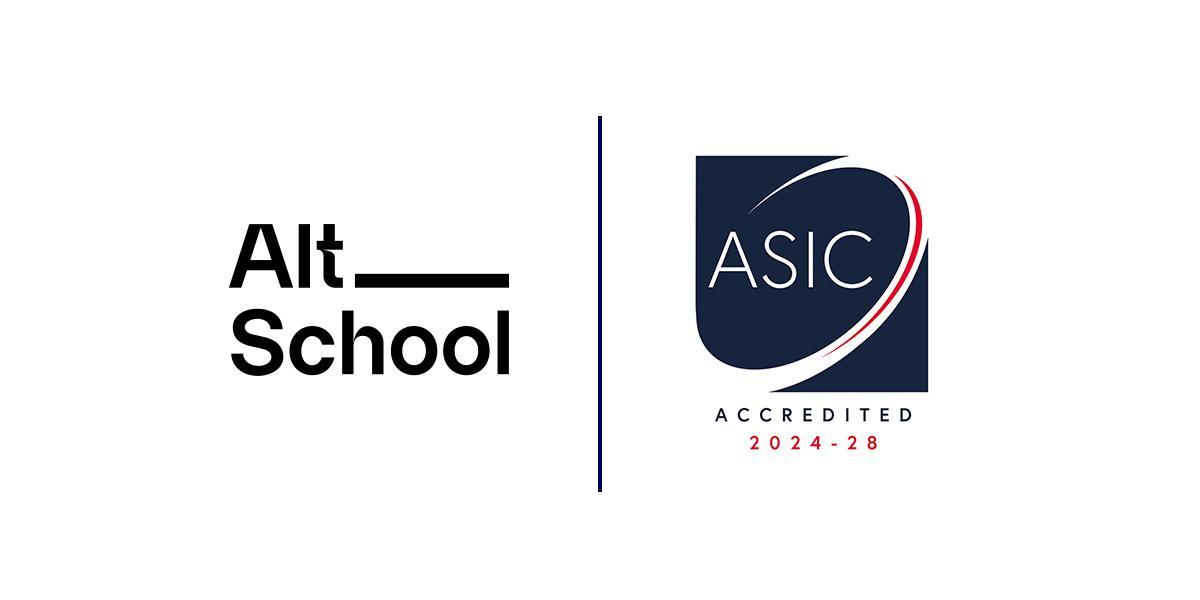In its mid-term monetary policy statement just released, the Reserve Bank of Zimbabwe (RBZ) has announced a permanent ban of mobile money agents in the country, stating that it is making efforts to proscribe unlawful trading of foreign currency as part of its new monetary policy measures.


The ban comes barely two months after the Zimbabwean government, through a press release, suspended mobile money agents from processing mobile financial transactions in June. The government accused them of producing a quasi currency which was weakening the Zimbabwean dollar (ZW$).
According to the RBZ monetary policy statement, “following the suspension and freezing of agent and bulk-payer wallets on 27 June 2020, mobile money operators have allowed illegal foreign currency dealers to use multiple individual wallets as a means to bypass the transaction limits and continue with their illicit transactions. Mobile money operators shall, with immediate effect, close all multiple wallets, and allow just one wallet per individual.”
The statement also read, “agent wallets are no longer serving any legitimate purpose and were now being used primarily for illegal foreign exchange transactions. Agents’ mobile money wallets are therefore abolished, with immediate effect.”
See the full RBZ monetary policy statement here.
Mobile Money Operators Affected by the Ban
Ecocash, run by Econet Wireless Zimbabwe, is the biggest mobile money operator in Zimbabwe. It offers phone-based financial transactions to 7 million people, which is an overwhelming 93.3% of the entire mobile money subscriber base in the country.
Of the 14.86 million people in Zimbabwe, about 7.5 million (50.4%) are actively subscribed to at least one mobile money platform, mainly Ecocash.
Econet Wireless generated revenues of up to $1.25 billion at year-end 2019 and is yet to release its financial report this year. The company has a current market capitalisation of $11.91 billion, according to Reuters.
If the ban by RBZ is fully effected, Ecocash will not be able to store mobile money or dispense cash via its agents, which will subsequently cut off a large number of subscribers and significantly lessen its generated revenue.
State-owned NetOne’s OneMoney is another mobile money platform which will feel the impact of the ban by RBZ, although in much less terms than Ecocash.
The mobile money service has just 5.9% market share of Zimbabwe’s mobile money, despite being launched before Ecocash. NetOne recorded a huge $10.2 million profit in FY 2018 and has only just gained 18.4% more subscribers in Q1 2020. The ban means OneMoney loses its subscribers and has to rebuild.
Telecell’s Telecash electronic wallet service controls a meagre 0.8% market share of the mobile money subscriber base in Zimbabwe, having about 60,000 subscribers. It posted big losses from $55 million to $1 million last year due to dwindling revenues and zero profits.
Already lagging heavily behind Ecocash and OneMoney before now, Telecash will find it hard to bounce back under the RBZ ban.
How are the people affected?
According to the RBZ policy statement, “transactions by individuals shall be pegged at ZW$5,000 per day. Individuals shall be allowed to undertake Person to Person transfers, Person to Merchant payments for goods and services, settlement of bills and purchase of airtime.”
This means that Zimbabweans now have a daily spending limit of ZW$5000 ($13.81) for all transactions that will be processed via the mobile money apps. They will also not be able to withdraw cash from any mobile money agents whose activities have been shut down.
The RBZ is short on cash and foreign exchange due to inflation and economic instability, therefore it comes as no surprise that it has insisted that people execute their transactions via their mobile devices.
Majority of the mobile money users in Zimbabwe do not have or operate a bank account, especially those living in rural areas. The implication is that they have to open a bank account for them to be able to carry out transfers, withdrawals and deposits, as the policy statement states that such transactions can only be processed through banking channels on the mobile money platforms.
Even for corporations, bulk payment transactions including payment of salaries and wages, must be done through the banking system.
Regulation vs Ban
The role of the RBZ is to act as the sole regulator of all financial institutions in Zimbabwe. This questions the decision by the bank to permanently ban all mobile money operators in the country.
Was a ban the best way for the RBZ to tackle the fraudulent cases associated with mobile operators? The bank could have put out a policy restricting the range of services offered by the platforms to tackle such vices and fix penalties for any defaulters, rather than banning them outrightly in the country.
Mobile money operators were an alternative for the unbanked and underbanked citizens in Zimbabwe. That will no longer be the case following the ban.






